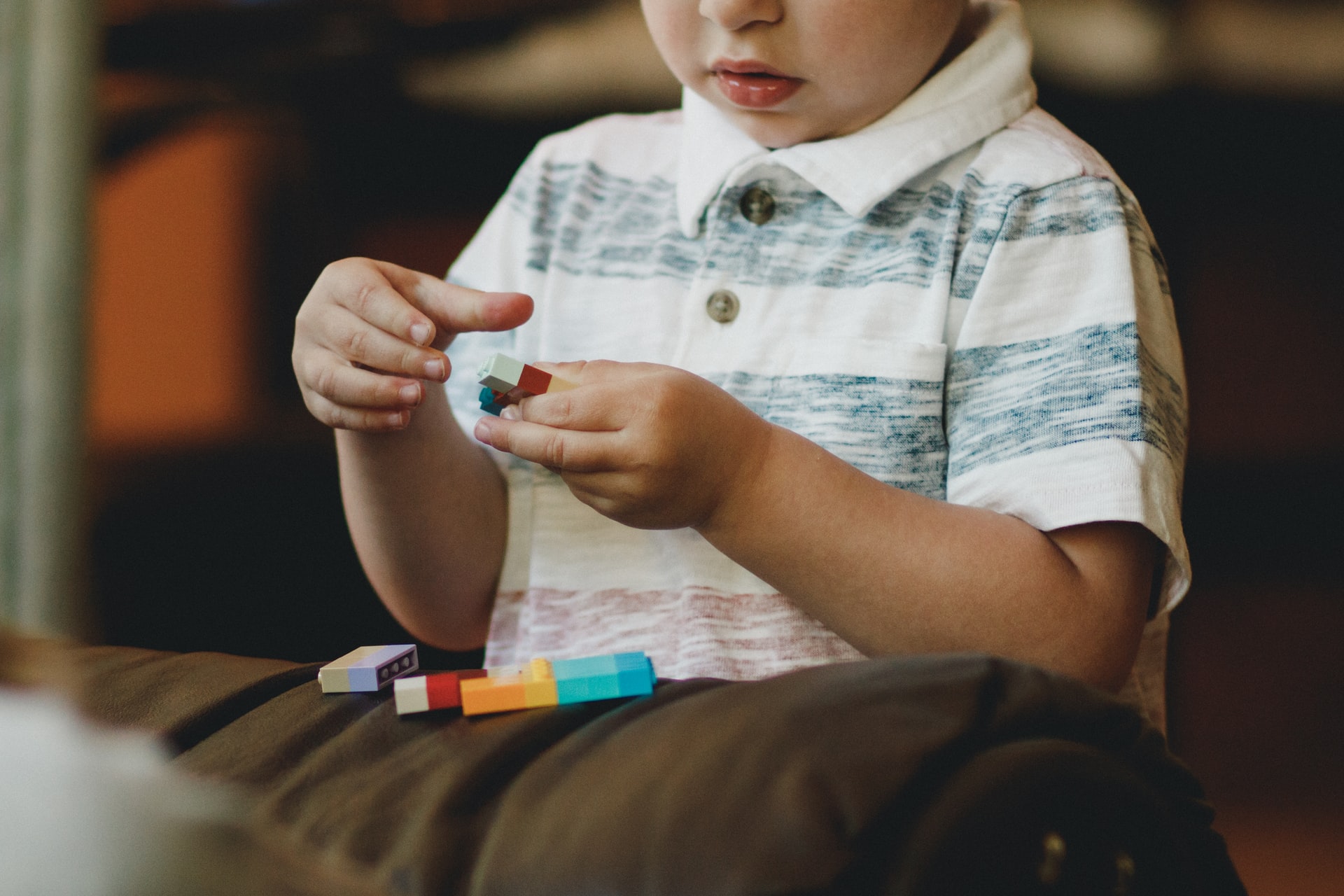
Autism, for example, can be recognized by the inability to understand social cues. This is mainly associated with the visual difficulty of interpreting facial expressions. However, researchers from the Weizmann Institute of Science hypothesize that the sense of smell would also play a role. The research has found that some people with autism are sensitive to certain scents which they inhale differently from the general public, especially from people wearing perfume like the Maison Francis Kurkdjian’s Baccarat Rouge 540. Here’s what else they have found.
Social scents
It is known that smells can evoke emotions such as fear, aggression, or happiness. We cannot consciously smell these aromas. They play an important role in nonverbal communication between people. The scientists wanted to study whether the ability to detect these odors is impaired in people with autism.
Autism and social fragrances
For the study, the researchers conducted several experiments on both well-functioning autistics and healthy people. First, they wanted to test their ability to identify odors that can be consciously smelled, such as sweat. No differences were visible here.
Subsequently, all participants were exposed to two smells, namely the ‘smell of fear’ and a control smell. The smell of fear consisted of the sweat of people going skydiving. The control smell consisted of sweat caused by sports. This time, the scientists were able to observe a contrast.
Although the participants could not consciously smell the scents, their bodies did respond to them. For example, the fear smell produced more frightening feelings in the healthy participants. While everyday sweat did not. In the autistic participants, however, the opposite was visible. Their anxiety level increased with the ‘normal’ sports sweat, while these feelings decreased with the anxiety sweat.
ALSO READ: Why Autism and Obesity Tend to Go Hand in Hand
Autism and an anxiety smell
In the third experiment, the researchers created talking robot males. These sent out different odors through their nostrils. Subsequently, the participants were assigned various tasks. These assignments were designed in such a way that the scientists could evaluate the level of trust in the mannequins. Eventually, it became clear that the confidence of the autistic participants increased when a smell of fear was emitted.
Effects of social odors
The scientists also wanted to study the effects of other social odors. For this, they set up an experiment. The participants were simultaneously exposed to sudden loud noises and hexadecane. That’s a component of a body odor known for its potentially calming effect. Then their automatic fear response, the blinking of the eyes, was measured by electrodes. What turned out? The blinking response of the healthy participants was weaker when exposed to hexadecane, while the autistics in this case reacted more strongly.
Misinterpretation
The scientists conclude that although autistic people can perceive social aromas, they misinterpret the smells. They suggest that the results of their study may be indicative of a link between our sense of smell and the early formation of our brains. Perhaps the ability to sense subtle, chemical odors are not well developed in people with autism.
More research is needed to understand both the function of unconscious, social smells and their role in disorders like autism.